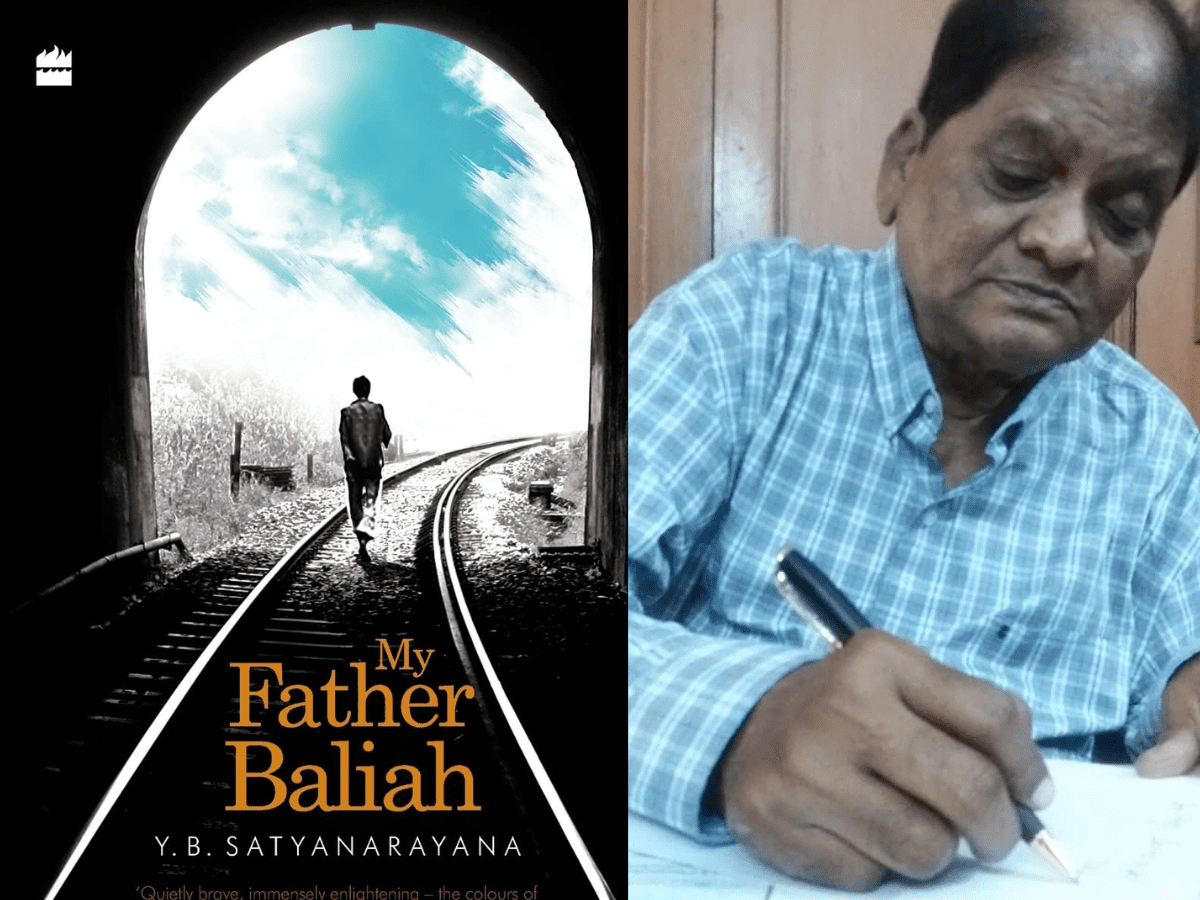
Hyderabad: The Bharatiya Janata Party (BJP) and the Telangana Rashtra Samithi (TRS) in Telangana have been involved in a war of words over a soon-approaching anniversary of Operation Polo, the military offensive that was initiated by the Indian government in 1948 against the Hyderabad state. It was done on September 17 of that year.
While the BJP is calling it ‘Hyderabad Liberation Day’, the state government along is calling it ‘Telangana National Integration day’. The state of Hyderabad, which included Telangana, five districts of Maharashtra and three districts of Karnataka, was the largest princely state in British India. Its last Nizam, Osman Ali Khan (1911-48), had decided to stay independent.
However, the Indian government after negotiations fell through, sent in its army.
In that vein, Siasat.com sat down with Dr YB Satyanarayana, a well-known author whose book My Father Baliah chronicles his family’s struggle with casteism. A member of the Dalit community himself, Satyanarayana is also co-founder of the Centre for Dalit Studies in Hyderabad.
Excerpts from the interview:
My Father Baliah begins with an account of your great-grandfather Narsaiah receiving 50 acres of land from the Nizam. You write about how the land was usurped from him by a feudal lord belonging to the Velama caste. In the 1960s the land reform and privy purses abolished feudalism. Considering that, do you think there has been any change in property rights from the Nizam era to date for Dalits?
My great-grandfather Narsaiah prepared shoes for the fifth Nizam out of calf’s skin. In those days, the Nizam used to tour villages to understand the plight of the locals. When my great-grandfather tried to present the shoes to the king, he was initially pushed away from the convoy. But upon the Nizam’s insistence, he was able to make his way through the crowd and present the shoes.
Impressed with the quality of the footwear, the Nizam gifted him 50 acres of land. However, the land was snatched away from him at once by the Dora (feudal lord) who was willing to leave only five acres of land alone. Narsaiah was simply happy that at least five acres were given to him.
Property rights for Dalits haven’t changed in this country whatsoever. Irrespective of the ruling party, be it BJP or Congress, there remain no clear rights for my people. Even under the current government, all landed property that was supposed to go to Dalits under the Dharani portal is going to Velamas in the state.
In the book, you also speak about Razakars who held great sway over the public during the Nizam era, and how Hindus were raped and murdered by them. Could you illuminate further on that?
The Razakars were a militant group with a distaste for Hindus. They were unable to differentiate between Dalits who were suffering and caste Hindus. En masse they would convert people to Islam.
It was a civil war-esque situation in Telangana. Women would travel in groups and carry chilli powder to attack the Razakars. Even during Bathukamma celebrations, Hindu women were stripped naked and forced to dance for Razakar’s entertainment. The situation was dire but not much could be done until Sardar Patel enacted Operation Polo.
Speaking in a contemporary setting, how do you view Dalit rights under the current Telangana government?
Little to no change has taken place. Everything including the Dalita Bandhu scheme is tokenistic at best. A host of Dalit organisations were at the forefront of the agitation for separate statehood. However, the chief minister seems to have forgotten all the promises made. Aside from Dalit karyakarthas working for the TRS, no Dalit has truly benefitted in Telangana.
In the Assembly session yesterday, TRS’ working president KT Rama Rao made a case for the new Parliament building being named after Dr BR Amebdkar.
The party also promised the setting up of an Ambedkar statue and that hasn’t happened. Aside from empty promises, there doesn’t seem to be much.
The BJP has termed Hyderabad’s annexation to the Union of India as Hyderabad Liberation Day. How do you view this?
For the BJP, it seems to be a communal fight. Under them, there seems to be no scope for solid implementation of reservations either. While the Nizam was keen on the status quo, he was not against heterogeneity. Railway quarters were available to every employee irrespective of caste. That doesn’t seem to be the case currently.
In the current setting, do you think Telangana has good Dalit leadership?
There are educated Dalits who served the community well. IPS officer RS Praveen Kumar is one of them. I would also like to add that my mother-in-law TN Sadalakshmi was from the scavenging community. But as a result of education, she managed to become the state’s first Dalit woman legislator.
We spoke about Razakar’s forceful conversions earlier. In the same vein, could you shed light on how you left the Hindu fold?
Hinduism has been a religion of violence. It hasn’t helped me, or any other Dalits for that matter in any which way. Like Dr Ambedkar, I converted to Buddhism to lead a life of dignity. A professor at Harvard University once asked me why Buddhism alone was chosen by Dalits as an adopted religion. That is a popular misconception.
There are several Dalits who converted to Islam during the Asif Jahi dynasty voluntarily. Even during Mir Osman Ali Khan’s rule, many untouchables converted to Islam in search of self-respect.
